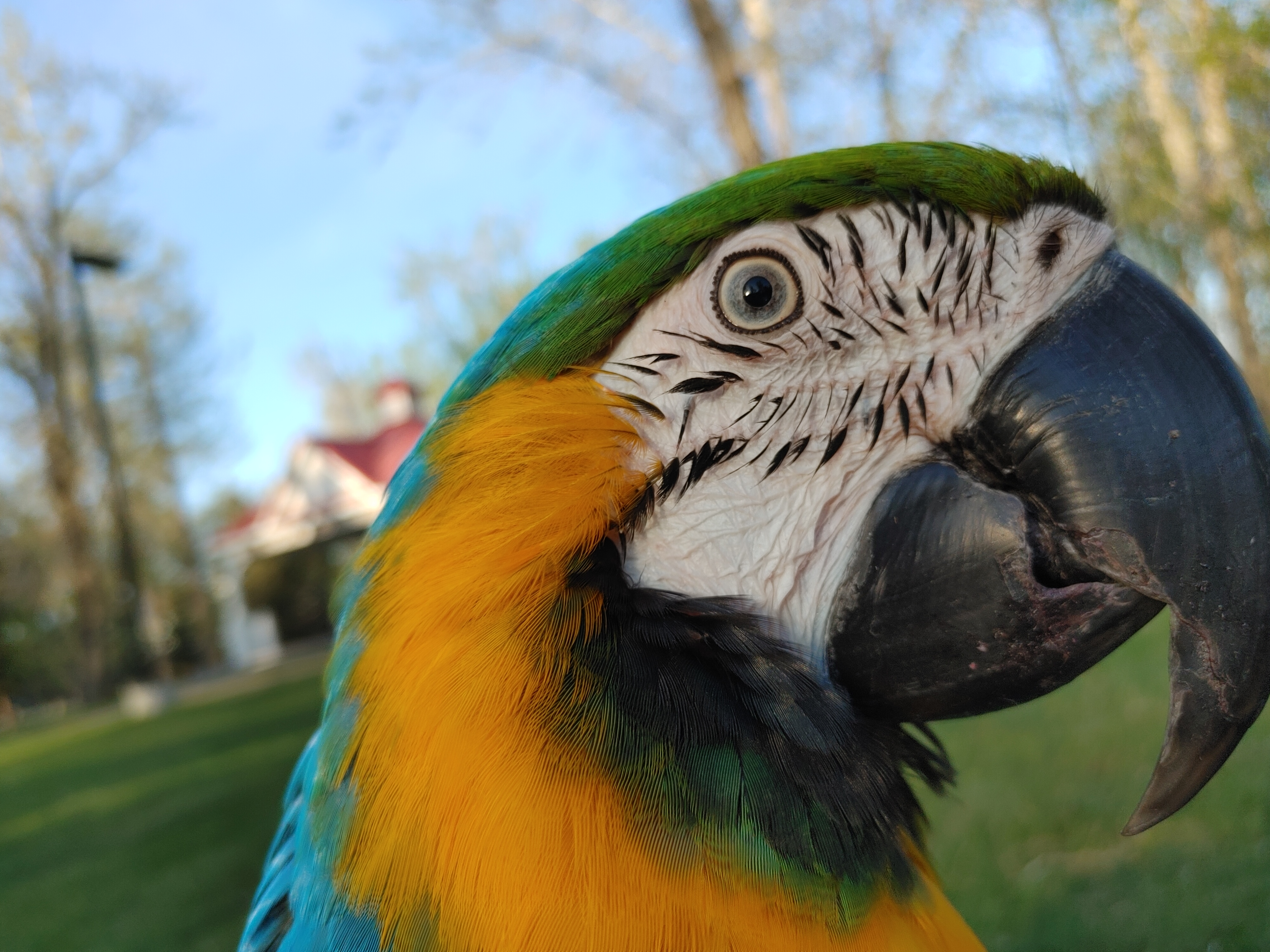Currently, if your eyes are closed you can still get a sense of the light around you, and moving your head around you can tell if you’re moving it toward or away from a light source (barring maybe if you’re outdoors and it’s bright out all around you).
But what if when we closed our eyes it was like full blackout? Would blinking become disorienting? Could it mess up circadian rhythms? Something else? Or would it not really matter?
You can see your nose at all times, as it is within your field of vision at all times - but your brain filters it out, so what you actually “see” is a nose-free impression of your surroundings. It works like a movie editor that removes unwanted parts from raw footage before the movie is actually shown to the public.
If blinking were a total blackout for a fraction of a second, I’d wager the human brain would have developed a workaround to delete that as well, so you wouldn’t even notice a difference.
so what you actually “see” is a nose-free impression of your surroundings
yeah, i wish.
I was gifted a big fat bulbous beak from my parents, it’s half my vision!
I’ve got a narrow nose, and I still notice it all the time.
It would have a negative impact on your sleep-wake cycle, which relies on light and darkness. You would fall asleep more easily but struggle to wake up.
I would say most things would not be much different, but circadian rhythm is probably the most relevant part. If your eyes cannot sense sunlight in the morning, your sleep will no longer be affected by daytime hours.
Our mind doesn’t really process the time we blink, whether light comes through or not. If we had it happen our entire life, I’m sure we’d probably adapt quickly to having a complete blackout when closing our eyes.
I vaguely recall a study from well over a decade ago where they used a light patch so that the only change in light for the sleeping participants would be on the skin and showed that circadian rhythm wasn’t dependent (solely, at least) on eyesight. Mind you this is a vague memory from a long time ago so take it with a grain of salt.
Not the article you were thinking of, but reinforces your point. https://www.sciencedirect.com/science/article/abs/pii/S1389556721000022
Tl;dr, there are light sensors, or at least light energy sensing mechanisms, in our skin.
There was a study of a guy who lived underground for months with no timekeeping devices. His only contact was with other researchers by telephone, and not often. His sleep schedule and length he’d stay awake got super wonky but he had no idea. So the complete lack of light certainly has an effect.
Nothing would happen. You blink for a fraction of a second.
Also, note that the eyelids of people with darker skin already pass less light than those of people with lighter skin. (That is the purpose of darker skin)





